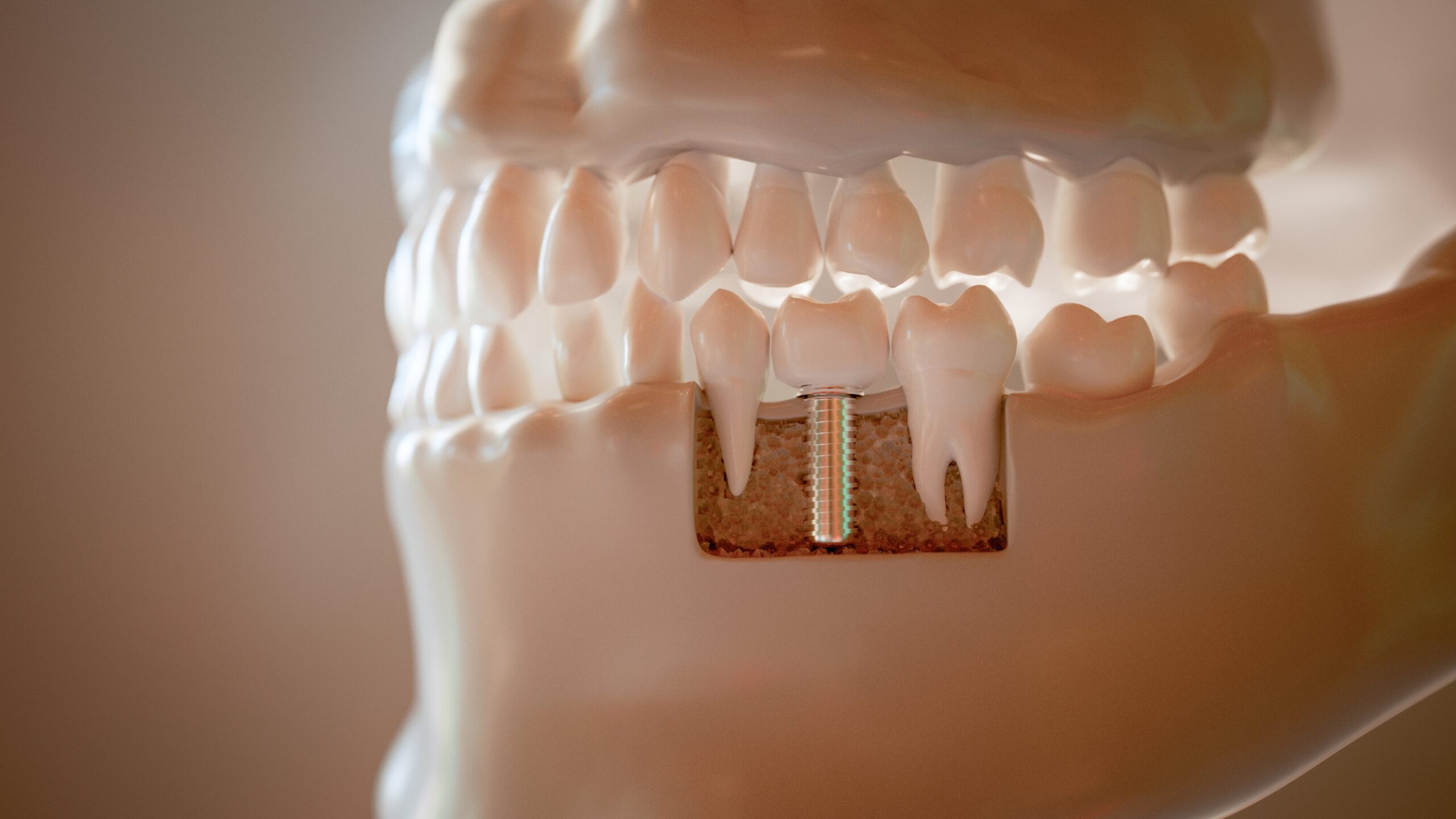How Oral Health Affects Overall Health
Understand the Connection Between Mouth and Body
Oral health isn’t just about having a bright smile; it’s deeply connected to your overall health. Problems in your mouth can have far-reaching effects on the rest of your body. Your mouth serves as the entry point for many bacteria, which can affect your digestive and respiratory systems. Therefore, it’s crucial to pay attention to any oral issues that might lead to other health consequences. 🚨
The Mouth-Body Connection
Your mouth is a gateway to your body, and it houses a variety of bacteria—some good, some bad. While most of these bacteria are harmless, poor oral hygiene can allow harmful bacteria to grow and potentially cause oral infections, such as tooth decay and gum disease.
The Domino Effect
When oral health is neglected, it can lead to various systemic issues:
- Cardiovascular Disease: Research shows that gum disease is linked to heart disease. Inflammation and infections caused by oral bacteria can contribute to clogged arteries and even stroke. 🫀
- Diabetes: Diabetics are more prone to gum disease, and severe gum disease can make blood sugar control more challenging. This creates a vicious cycle that affects both oral and overall health.
- Respiratory Infections: Bacteria from periodontal disease can be inhaled into the lungs, leading to respiratory infections like pneumonia. 🫁
Nighttime Can Cause Problems, Too
Nighttime teeth grinding, also known as bruxism, is a common issue that affects many people, often without them even realizing it. The good news? There are steps you can take to reduce it.
Understanding the Causes of Bruxism
Several factors can lead to nighttime teeth grinding:
- Stress and Anxiety: High stress levels and anxiety can manifest as teeth grinding during sleep.
- Sleeping Problems: Conditions like snoring and sleep apnea can contribute to bruxism.
- Medications: Certain medications can also trigger teeth grinding.
Ways to Reduce Bruxism
Here are some effective methods to combat bruxism:
- Relaxation Techniques: Find ways to relax and reduce stress before bedtime. This could include meditation, reading, or listening to calming music. 🧘♀️
- Exercise: Regular physical activity can help manage stress and improve sleep quality. 🏃♂️
- Regular Dental Check-Ups: Visiting your dentist regularly can help identify and treat the signs of bruxism early.
Creating a Nighttime Oral Health Routine
Establishing a nighttime oral health routine is essential for preventing bruxism and maintaining overall oral health. Your routine might include:
- Brushing and flossing your teeth before bed to remove any food particles and bacteria.
- Using a mouthguard if recommended by your dentist to prevent teeth grinding.
📢 If you notice signs of nighttime teeth grinding, such as a sore jaw or worn-down teeth, it’s a good idea to consult your dentist. They can provide personalized advice and treatment options.https://apexdental.com.mt/
Conclusion
Maintaining good oral health is more than just a cosmetic concern—it’s an integral part of your overall well-being. By understanding the connection between your mouth and body, you can take proactive steps to protect your health.
Remember, regular dental check-ups, a balanced diet, and a good oral hygiene routine can go a long way in preventing oral and systemic health issues. If you found this information helpful, don’t forget to check out our related post on [The Importance of Regular Dental Check-Ups] for more insights.
You’ve learned the basics of how oral health impacts your body, but there’s always more to explore. Stay curious and proactive about your health, and you’ll reap the benefits for years to come. 🌟https://dentalimplantmalta.com/wp-admin/post.php?post=85&action=edit
https://www.straumann.com/neodent/en/shared/news/oral-health/how-oral-health-affects-overall-health.html: How Oral Health affects overall health?







